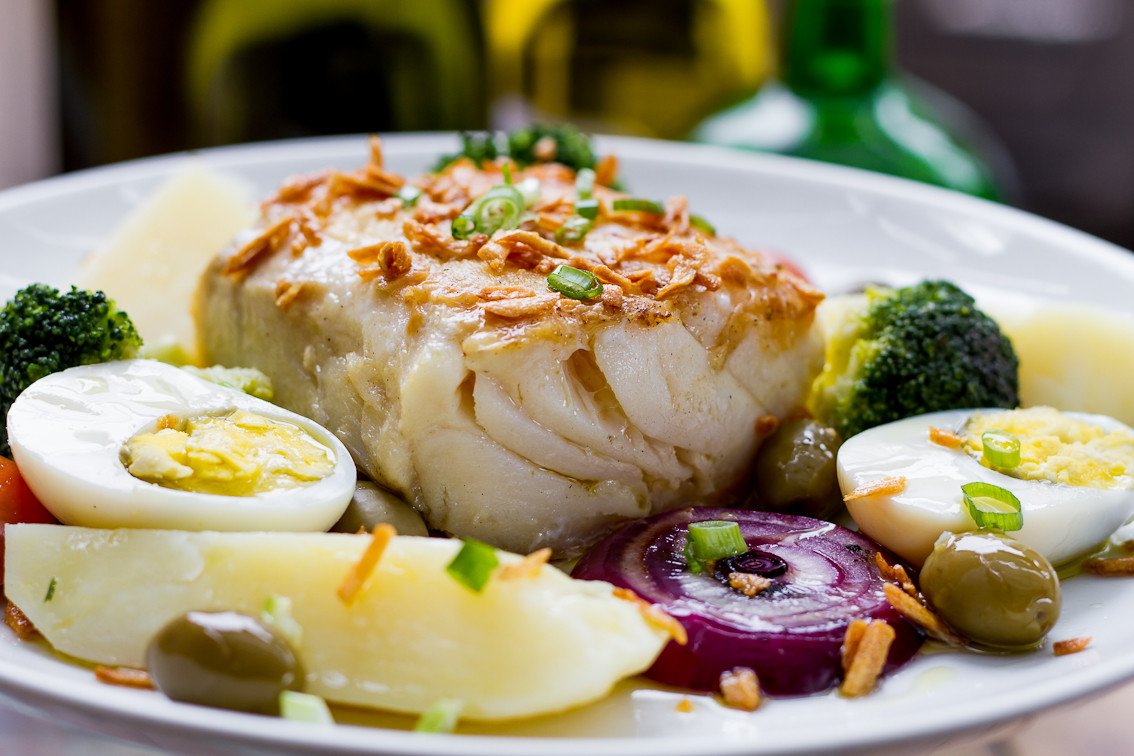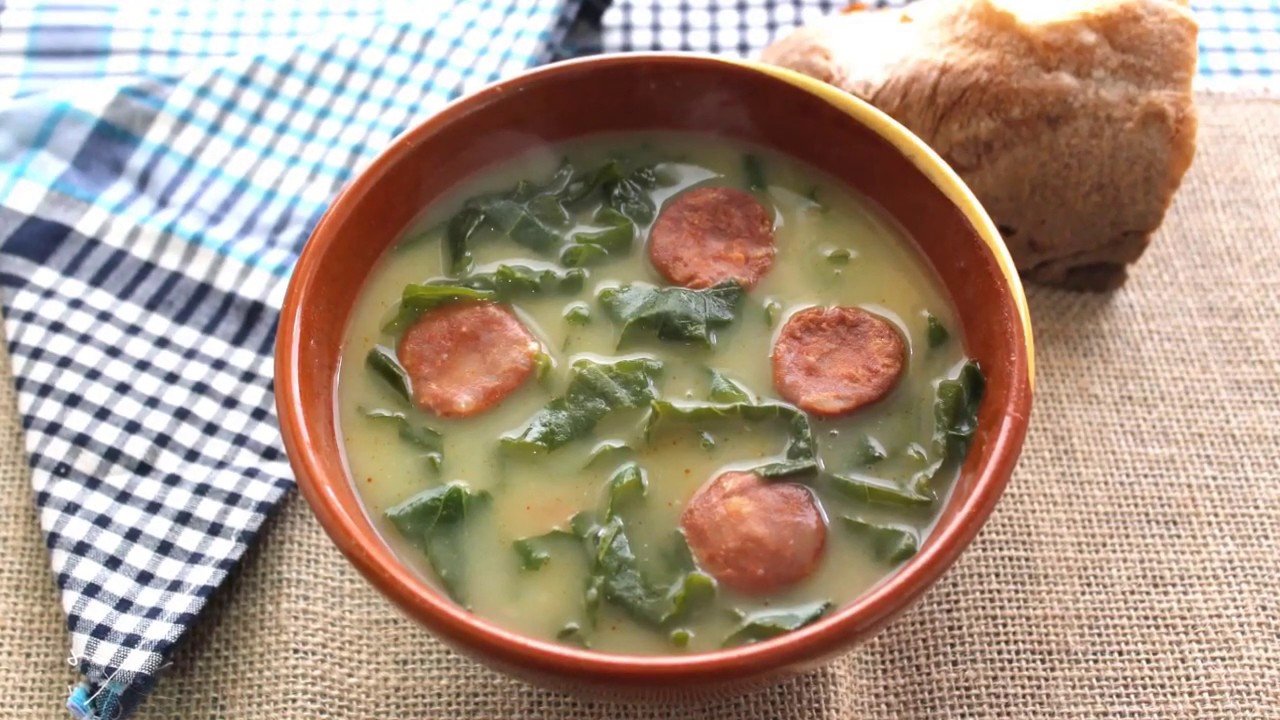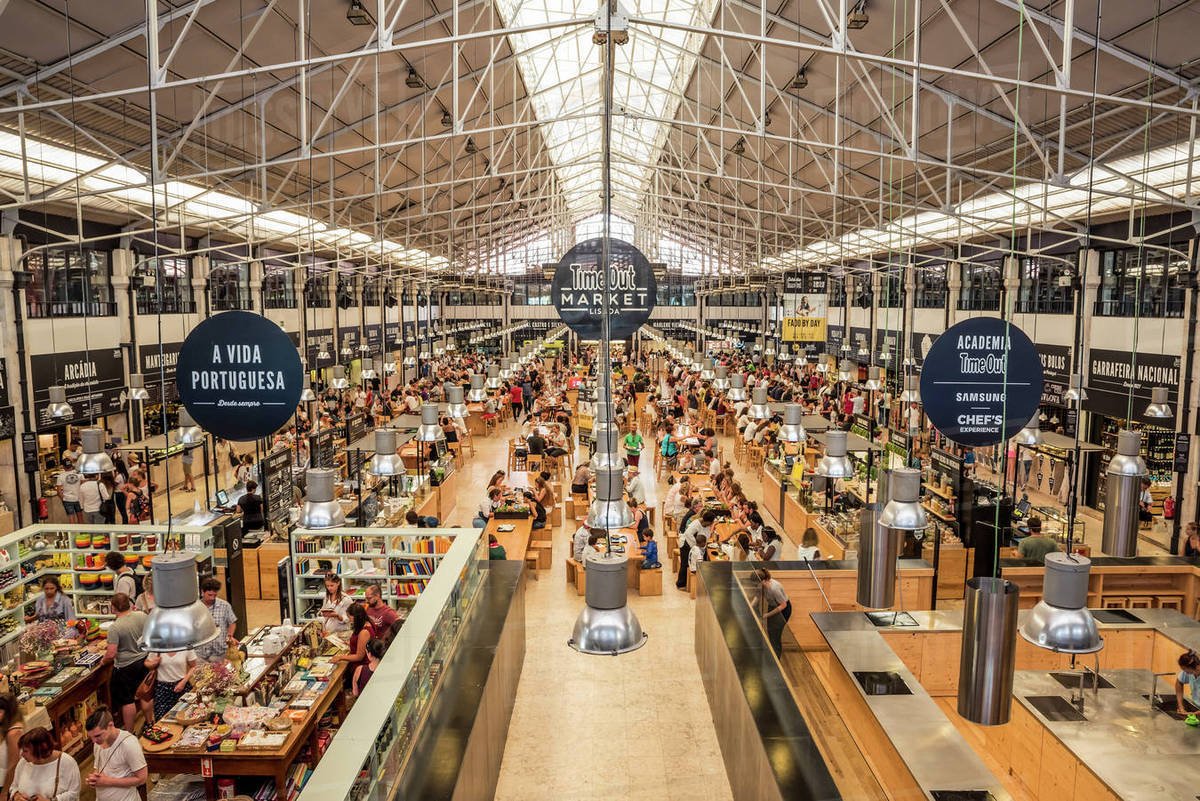Food & Drink in Portugal: A Culinary Journey from Pastéis de Nata to Port Wine
Food & Drink in Portugal: A Culinary Journey from Pastéis de Nata to Port Wine
Portugal’s cuisine is a delicious reflection of its geography, history, and culture. From the Atlantic’s bounty of seafood to hearty inland stews, from world-famous pastries to fortified wines, food and drink in Portugal are essential to understanding the country itself. This guide explores the flavors, traditions, and experiences that make Portuguese gastronomy unforgettable.
Traditional Portuguese Cuisine

At the heart of Portuguese cuisine is simplicity enhanced by fresh ingredients. Meals often revolve around seafood, pork, and vegetables, with olive oil, garlic, and herbs adding depth. The most famous dish is undoubtedly bacalhau (salted cod), prepared in hundreds of ways—baked with cream, fried with potatoes, or mixed into fritters. Locals joke there are 365 recipes, one for every day of the year.

Another beloved staple is grilled sardines, especially during Lisbon’s Santo António festival in June. These smoky, charred sardines, eaten with bread or salad, embody Portugal’s coastal soul. For comfort food, try caldo verde, a kale and potato soup often served with slices of chouriço sausage. In the Alentejo, bread-based dishes like açorda and migas showcase the region’s rustic creativity.
Pastries & Desserts

Portuguese sweets are legendary. The crown jewel is the pastel de nata, a creamy custard tart with caramelized tops encased in flaky pastry. Best enjoyed warm with a sprinkle of cinnamon, it originated in Lisbon’s Belém district but is now beloved worldwide. Across the country, convents and monasteries have historically produced rich desserts using egg yolks and sugar, known as convent sweets.
Other treats include pão de ló (sponge cake), travesseiros from Sintra, and queijadas (small cheesecakes). Each region has its specialties, often linked to festivals or local legends. Dessert in Portugal is rarely just food—it’s part of cultural identity passed down for centuries.
Regional Specialties
Portugal’s regions each contribute unique flavors. In the Alentejo, meals feature pork, bread, and aromatic herbs. Slow-cooked stews like carne de porco à alentejana (pork with clams) blend land and sea in surprising harmony. The Algarve specializes in seafood, from grilled octopus to cataplana—a fragrant stew cooked in a clam-shaped copper pot.
Madeira offers dishes like espetada, skewered beef grilled on laurel branches, paired with bolo do caco (flatbread with garlic butter). The Azores islands present volcanic cuisine, including cozido das Furnas, a stew slow-cooked underground by geothermal heat. Regional differences make food travel in Portugal an adventure in itself.
Portuguese Wines & Port
No discussion of Portuguese gastronomy is complete without wine. The Douro Valley, one of the world’s oldest wine regions, produces port—a fortified wine aged in Vila Nova de Gaia cellars near Porto. Tasting sessions at historic lodges reveal centuries of craftsmanship. But Portugal is also innovating: dry Douro reds and whites now rival global wines in quality.
In the northwest, Vinho Verde (literally “green wine”) offers crisp, lightly sparkling whites that pair perfectly with seafood. The Alentejo produces robust reds with notes of oak and spice, while the Dão region is known for elegant, structured wines. Madeira wine, with its unique aging process, provides another fortified option beloved worldwide.
Wine routes across Portugal allow visitors to combine tasting with cultural discovery. Many quintas (wine estates) welcome guests for tours, meals, and even overnight stays, connecting visitors directly with the land and traditions.
Drinks Beyond Wine

While wine dominates, Portugal offers other distinctive drinks. Ginjinha is a cherry liqueur often sipped in tiny Lisbon or Óbidos bars, sometimes with a cherry in the glass. Beer is widely consumed, with local brands like Sagres and Super Bock popular nationwide. Craft beer is also on the rise in Lisbon and Porto.
Coffee is an everyday ritual. Order a “bica” in Lisbon or a “cimbalino” in Porto to get a strong espresso. Coffee culture is about more than caffeine—it’s social, affordable, and integral to daily life. Non-alcoholic favorites include fresh juices and sumol, a fruit soda cherished since childhood.
Food Markets & Dining Etiquette

To experience Portuguese food culture fully, visit local markets. Lisbon’s Mercado da Ribeira (also known as Time Out Market) offers gourmet stalls alongside traditional produce vendors. Porto’s Mercado do Bolhão is a vibrant mix of fishmongers, florists, and butchers. Markets are perfect for tasting regional cheeses, cured meats, and olives while mingling with locals.

Dining etiquette is straightforward but worth noting. Restaurants often bring bread, olives, or cheese to the table as appetizers; these are not always free, so check before indulging. Meals are leisurely affairs, and rushing is discouraged. Tipping is optional but appreciated—round up the bill or leave 5–10% for good service.
Modern Portuguese Cuisine
While tradition reigns, modern Portuguese chefs are reinterpreting classic dishes with creativity. Lisbon and Porto boast Michelin-starred restaurants where heritage ingredients meet global techniques. Dishes like deconstructed bacalhau or seafood with avant-garde plating attract foodies worldwide.
Street food is also thriving. Gourmet food trucks and markets bring traditional flavors into new contexts, while vegetarian and vegan dining options are expanding rapidly. Portugal’s culinary scene is dynamic, bridging past and present, rustic and refined.
Festivals & Culinary Events
Food and drink are central to Portugal’s celebrations. During Santo António in Lisbon or São João in Porto, grilled sardines and street food take center stage. Wine harvest festivals in the Douro invite visitors to stomp grapes by foot, reviving age-old traditions. Regional fairs celebrate everything from cheese and bread to seafood and sweets. Check our Festivals & Events in Portugal guide for dates and details.
Sustainable Eating in Portugal
As global awareness of sustainability grows, Portugal emphasizes local, seasonal ingredients and responsible dining. Farmers’ markets support small producers, while restaurants increasingly reduce waste and source ethically. Travelers can contribute by choosing eco-friendly eateries, avoiding single-use plastics, and respecting local fishing seasons. For more ideas, visit our Sustainable Tourism in Portugal page.
Conclusion
Food and drink in Portugal are not just about nourishment—they are stories of history, culture, and community. From simple tasca meals to refined Michelin experiences, from sipping ginjinha in a backstreet bar to toasting with port on the Douro, every bite and sip tells a tale. Embrace Portugal’s culinary diversity, and you’ll leave with flavors and memories that linger long after your trip ends.
